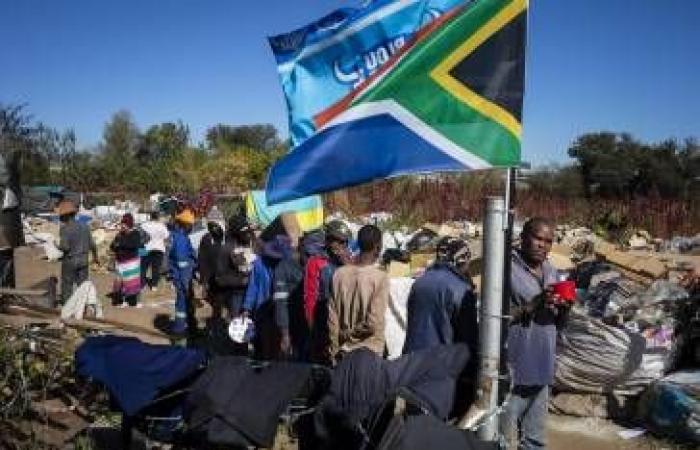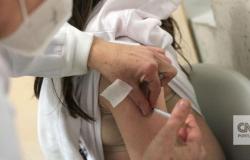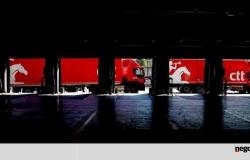Researcher Anthea Jeffery from the South African Institute of Race Relations (SAIRR) considered that South Africa is at “serious risk” of following Venezuela on a political and economic level.
“I think there is a very big risk that we could follow the kind of Venezuelan path in which the wrong policies that truly threaten property rights lead to great inflation and great economic suffering, and to an exodus of so many people who can leave of the country”, he highlighted.
In an interview with the Lusa agency, the director of political research at SAIRR considered that the parallelism between the economy of South Africa, the most developed on the continent, and that of Venezuela “is stronger than with Zimbabwe, which is an agricultural economy , successful in that aspect, but not as sophisticated as that of South Africa”.
“Venezuela was one of the richest countries in Latin America before Hugo Chaves came to power, with his belief in 21st century socialism and all his desire to achieve it, which included expropriation without financial compensation”, he highlighted.
Asked whether South Africa has built a “unique” model of democracy since the end of the previous ‘apartheid’ regime in 1994, the South African researcher expressed “I fear that the quality of our democracy is not what it should be and this dates back to a period before 1994.”
The researcher explained that the ANC “came to power because it was absolutely determined to achieve dominance over South Africa, because then it would be able to pursue its belief in socialism, its desire to implement a national democratic revolution over decades, which is what he has done.”
“And it always regarded opposition parties as mere barriers to the revolution it pursued and tried to eliminate or weaken its black rivals before 1994 and managed to do so significantly, which meant that there was no credible alternative to the ANC when it came to power in 1994 and, of course, the true test of democracy is whether it is capable of accommodating a change in power from one party to a rival party and in South Africa there has never been any prospect of that because the parties most likely to compete with the ANC were very weakened”, he highlighted.
In Anthea Jeffery’s view, the countdown to Socialism in South Africa began in 1989 when Joe Slovo, at the time one of the most influential leaders of the South African Communist Party (SACP), published an article questioning whether Socialism “failed” after the example of the former Soviet Union.
“And he came to the conclusion that no, and he said what many other socialists around the world have said since, that what happened in the Soviet Union was a regrettable mistake, that a system of what is supposed to be democratic socialism has unfortunately become too bureaucratic and too repressive and therefore it was poorly done and it was not true socialism that was attempted”, he highlighted, adding that “in this way, the argument is that real socialism has never even been attempted, but South Africa can make the Of course, it can introduce a form of democracy and real socialism if it pursues this objective with sufficient determination,” researcher Anthea Jeffery told Lusa.
“I think it’s obviously a great intellectual argument, the Russians have every reason why socialism turned out to be so incredibly repressive despite everything that was inefficient in the Soviet Union and elsewhere, but it’s the justification for why our Communist Party , which has always dominated the ANC, and many other communist and socialist parties around the world, are still committed to pursuing socialism”, he added.
According to polls, the ANC, in power since the country’s first democratic elections in 1994, could lose its absolute majority in parliament for the first time and be forced to form a coalition government.
The African National Congress (ANC) party, the former nationalist Liberation movement led by Mandela, governs in coalition with the South African Communist Party (SACP) and the South African Trade Union Confederation (COSATU).
The South African economy, the most developed on the continent, is on a trajectory of low employment growth, with persistent poverty since the global financial crisis of 2008 and 2009; The crime rate is one of the highest in the world, with the impact of crime estimated at at least 10% of annual GDP, according to an assessment by the World Bank, in 2023.
Tags: South Africa risk replicating Venezuelan political economic situation
--





